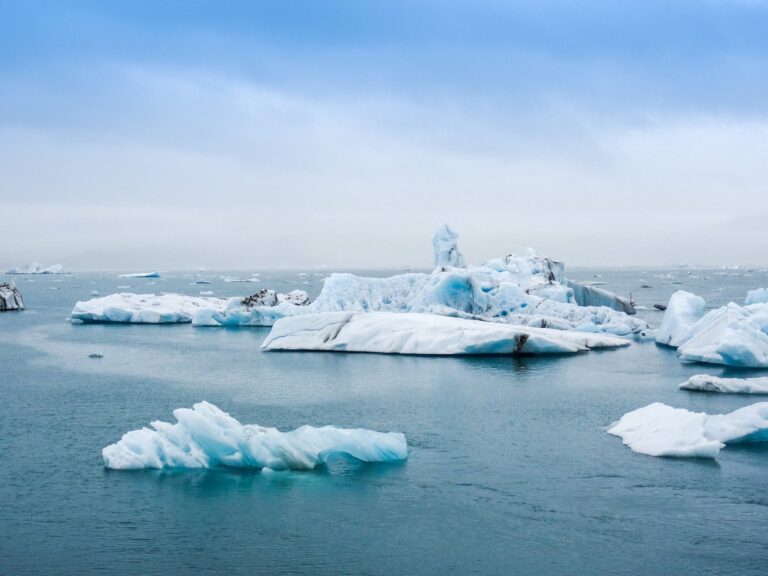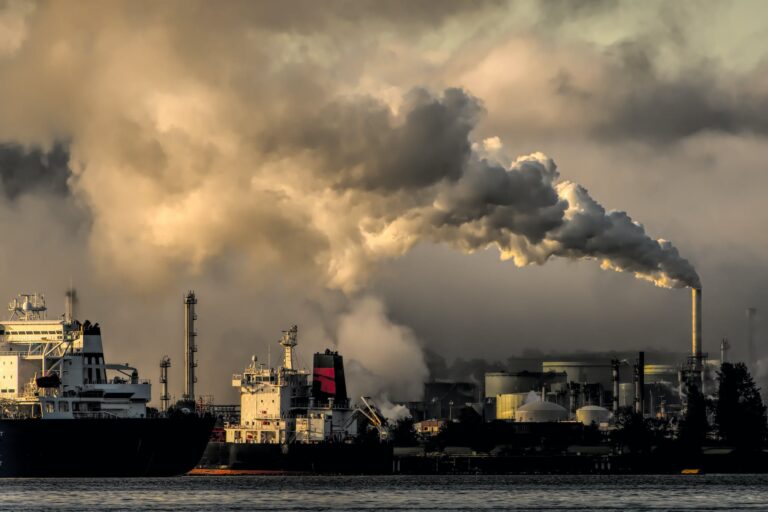Global hotspots for climate-related disasters

Even if net zero emissions were achieved immediately, the carbon locked in the atmosphere will continue to impact ecosystems and people. Despite the need to minimize climate change impacts, climate adaptation has not kept pace with escalating risks. Data on disaster occurrences and impacts can guide action to where it is most needed, say the authors of Global Hotspots of Climate-Related Disasters. From the abstract: Identifying locations with high numbers of impacted people can lead to action and policy shifts. Nature conservation, restoration and management could be important interventions to help people adapt to the impacts of climate change, especially in areas of low human development and where people have experienced high and very high impacts. In the policy sphere, analyzing historical occurrences of climate-related disasters could guide efforts to address losses and damages and to promote climate justice. Authors: Camila Donatti, Conservation International; Kristina Nicholas, American University; Giacomo Fedele, Conservation International; Damien Delforge; Niko Speybroeck, Catholic University of Louvain; Paula Moraga; Jaime Blatter; Regina Below; and Alex Zvoleff, Conservation International
More of the latest research:
More from ClimateCrisis 247
- Wake-Up call? 30 Million People Could Die Each Year From Climate Change, study says
- It took a lot of balls to bring you this story about microplastics Making a home in Men’s testicles
- Microsoft in new Scope 3 bid as AI emissions soar
- For banks, transparency sets the tone






